Concierge medicine has always been in existence. Think back to ancient monarchical times when the nobility had their personal doctors at their beck and call. Or, if you would rather not travel so far back in time, you likely had a ‘family doctor’ your parents would reach out to whenever anyone in the family needed medical care.
Whilst the subscription/retainer-based models are popular today, the concept is not. This form of health care is also about to become more popular, states Dr Chichi Menakaya, founder of Annomo Health, a UK-based global concierge medicine company.
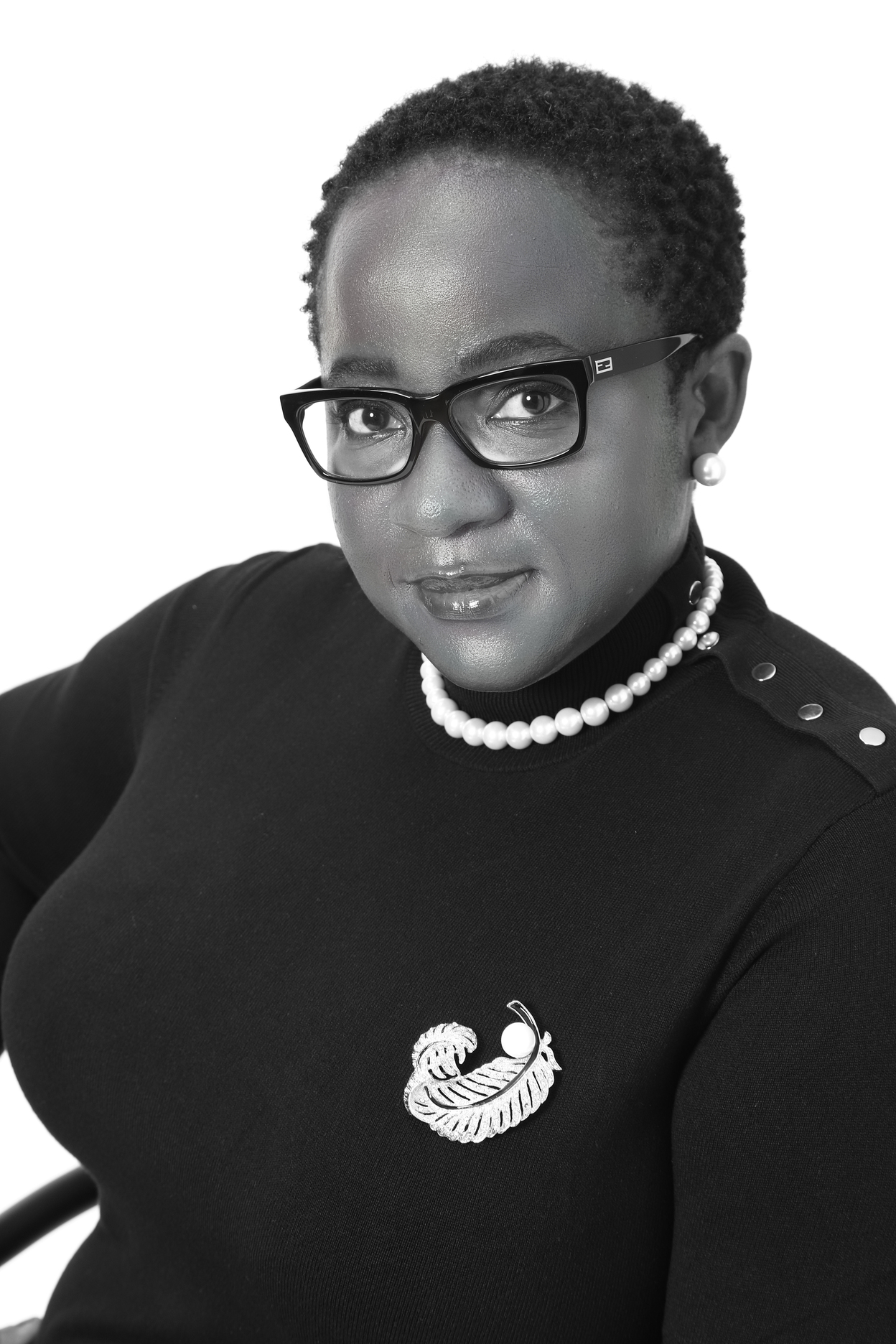
“Personalised healthcare and wellness is here to stay.”
“I think that’s where medicine is going anyways. It’s all about personalised health care and wellness in the whole world at the moment.”
“I was always the person that people would call and say, ‘I want to go and see a doctor in London. Do you know anyone I can see?’ And then I would do that,” Dr Menakaya said during our conversation. But then I think what really made me start the business was when a few years ago – like 13 years ago, that was when the dream started – I had a relative that was in the UK and he had to see a particular doctor. So I went in, found someone I thought was the best person to see [and] referred them to that person. This relative even though they were paying cash to the doctor, turned up 15mins late to that appointment, and the doctor refused to see them even as they were coming from abroad. So what the hospital did was find the next available [doctor] and refer him to the person. And even though the person he was referred to had the best manners, did really, really well; when it now came to their surgical option, what that person offered them was not the best practice option. So they offered them an open surgery when there was already a robotic option for the surgery. What then happened – because obviously, I am a doctor, so I can easily detect – [I realised] that this is not the right thing for this person, because there is more advanced treatment.”
“I was upset so I found the best surgeon to handle the surgery, who also happened to be on the queen’s medical team. The day we eventually went to that appointment with the relative, this professor, even though he is one of the best in the UK, came downstairs to welcome the patient. And for me, that was literally an eye-opener, because it meant that although you could get the best, their manners are also very important.”
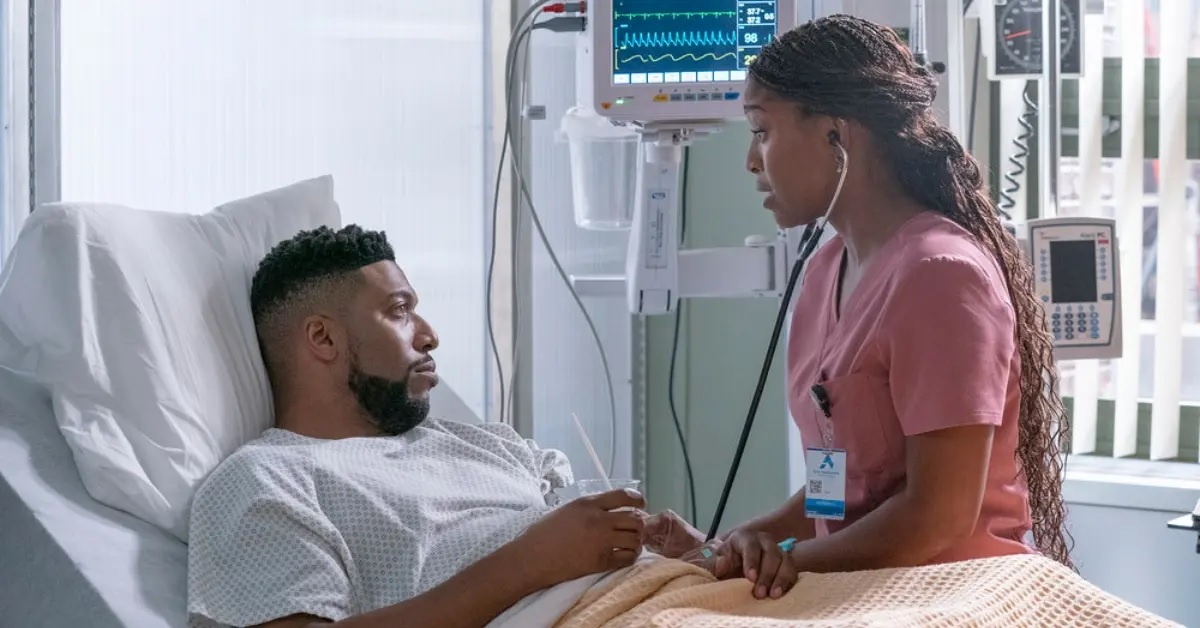
“And after that time, I said to myself, ‘I need to start a place where people can get the best care that they need.’ A lot of people are coming from abroad and they can afford it. They get given some mediocre doctor just because they think you’re coming from [another country]. They’re going to get you the cheapest doctor for the hospital … while the hospital is making the most money.”
“And obviously, there is another story to it about other people saying to me, ‘Listen: let’s get this done as a business, right?’ But I think that is the reason, like for me, I just wanted to make sure people got the best care that they needed. And I think that story is actually what triggered me to get in. And … literally 2 years later, we got the business up and running.”
“Medical concierge is not health insurance.”
Starting any business is difficult, and even though it’s in the health industry, Annomo Health was not without its challenges in the beginning.
“I think the biggest challenge I faced starting the business was explaining to people that Harley Street does not mean everything on Harley Street is good. I think that is [still my biggest challenge]. Because everyone comes to the UK and goes, ‘Oh my doctor is on Harley Street’, and I am like ok yeah, whatever. There are people in Harley Street that don’t know what they’re doing and I don’t want to use that word exactly, but there are people that are not that great and they’re on Harley Street.”
“What was also difficult for us is explaining to people that a concierge company is not an insurance company. Every time I have a meeting, no matter how educated they are, they say to me, ‘Is it health insurance?”
“Someone would say ‘I am coming from Nigeria, and I just want to see anybody because it is better than Nigeria.’ But that is not the point. The point is that they’re not doing it for you for free. Therefore, what you need to be asking for is ‘I want to see the best person because I am going to spend money seeing that best person. So it does not matter whether it’s me … it’s best to see the best person. And I think that is really difficult to explain to people. And as a company, we are still explaining that every day.”
“Concierge medicine is … having an advocate in your corner … constantly fighting for your health”

So, what exactly, in layman’s terms, is concierge healthcare, at least through the lens of Annomo Health?
“So I think there are very simple ways to explain Annomo Services, right? What Annomo Services does is simple: all we want to do is put the patient first. And all we want to do is get the private patients to see the best doctors, be treated in the best hospitals and have access to the best technologies. That’s all. And literally, we want to introduce them to the doctors’ doctors and make sure they are treated the way they need to be treated and get value, not just because of the money they have, but also because they’re using their money to get the best out of the service. That’s a summary of what we do.”
“I think for a lot of people, especially Africans, we see health as something we have to think about when it gets bad, but that’s the whole idea of having preventive medicine: you don’t have to wait till you’re sick. I think we’re getting to a point where people would need to start thinking that what they need to spend the most money on is making sure their health is right, and every other thing is secondary.”
“I think at some point we will get there obviously because it is like a learning process, everybody is trying to understand that and that is what we’re trying to do all the time by saying to people, ‘listen, make your health your priority.’ and that’s just the truth. I think that for every single person, whether you’re a child, an adult, you’re old, a concierge is important for everybody; personalised health care is for everyone: it’s not like for anyone in particular.”
“At Annomo Health, it is not all about money”
While we say concierge medicine is for everybody, in reality, not everyone can and would have access to it. There are various reasons why this would happen, with finance being top of the list, but according to Dr Chichi, this is not even always the case.
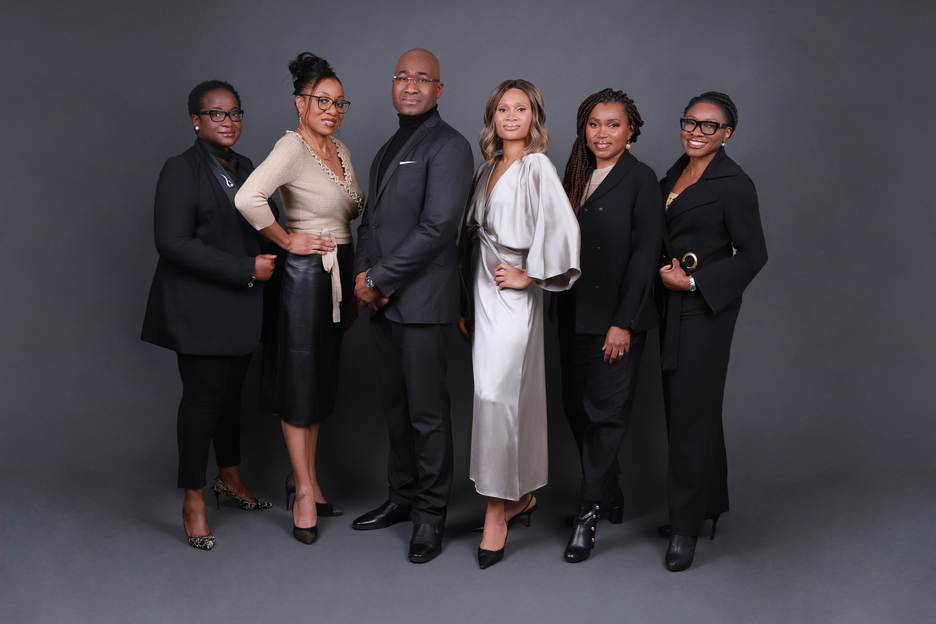
“When I say concierge is not about money, people don’t understand me sometimes. We had a pregnant, one-off client who wanted us to provide her with accommodation amongst other services. But, unless you have a maternity package where we’re constantly looking after you, it is a one-off service: we get you to the [OB/GYN who] is going to look after you and your baby. We settle you in and we walk away.”
“But because the woman was coming with a child [and] had no assistance … we offered to give a complimentary concierge service for free. [Unfortunately] from day one that she arrived, it was all abusive, everything was wrong [and] we could never make her happy. And trust me, it wasn’t the hormones. So we then discontinued the complimentary service that we had offered her, and we did instead hand her over to her gynaecologist to look after her.”
“I know this sounds a bit arrogant for us, [but] we don’t care how much you’re bringing into the business. If the relationship is not working we will refund. And we refunded all her money, to be honest. We refunded every single service that she had paid for, and let her gynaecologist look after her while we just hovered to make sure she was ok.”
There’s another instance where Annomo Health could decide not to extend its concierge services to a client. “If we look at [the medical reports we get from the patient’s country] and think that making an out-of-country trip is a waste of time for the family in terms of the prognosis, whether they’re in the UK, in Nigeria, Ghana, wherever else; we will call the family and advise them not to come abroad because it is a waste of money. Because what you don’t want is people spending all this money and the outcome is still the same. Over the last 10 years, we’ve turned down about maybe 5 patients. Maybe more than that actually … it’s us saying that we don’t think it is going to work.”
“People think [personalised healthcare] is a luxury service, [but] it actually saves you a lot of money”

Speaking about membership tiers and benefits at Annomo Health, Dr Chichi clearly states that, “at the moment, we have 5 tiers of membership for the private members club. One is called the ‘travelling membership’ and it gives access to health care in both the UK and the US, including emergency services in the US. And it is actually only available to travelling executives through their companies; it is not for individuals.”
“Then we have the ‘individual membership’, the ‘family membership’, the ‘corporate membership’ and also something called the ‘student membership’. In each of those memberships, there are different cadres of membership. So it starts out with silver to gold to platinum and something called bespoke. And literally what bespoke means is you handpick what services you want, depending on what you want.”
“The family membership at the moment is actually for a husband and a wife, or a couple with 2 children, and the children are add-ons. When you come to corporate membership, it is also for high-level executives. The company has to have at least 3-10 members to be able to access this package. And obviously, each time you add a different person, you get a bit of a discount. And these memberships are targeted at preventative medicine and also give you access to having a personalised doctor, your own personal nurse and a personal health consultant … which means in this case a concierge health consultant who basically can do stuff like your luxury concierge for you, and also do your health things and be your advocate. But then you have a doctor you can call anytime, text, [and] message when you are really stressed out, whatever you want to talk about. And then also you have a nurse that can go out to you.”
“Then we have something called the student membership. Literally, the student membership is for people based in the UK only. And what that does is that if your child is here on private education, we have a pediatric consultant that actually looks after the students. Of course, depending on their ages: if they are more than 18, they don’t have a paediatrician, they now have a general practitioner that looks after them. And again, it’s a personalised service so they can hold them when there is a problem, give them advice, come out and visit them, whatever they want to do and it’s just a yearly membership for the kids also. Because obviously, when kids are abroad, you want to make sure that they are having the best care that they can get.”
“The other thing I didn’t mention with the corporate membership is that we also offer them health education services a few times a year depending on what they want, and this is training people on things like stress management, how to cope with workload, and masterclasses that we do for an hour just to support them. And like I said, each of these memberships can be made bespoke. We have families with three wives, four children: they can just pick what they want and create a personalised package. Because … there is no one fit for everybody in medicine we’ve tried make sure that people can handpick what they want and mix and match, till they get what they need.”
“Now I think that I spoke about the health bit of the membership, but what I forgot to mention is the luxury concierge that comes with it also. So, with the membership, you get access to a concierge assistant who literally would do all the other things you need them to do for you. So if they have to do personal shopping for you, airport pickups [they’ll do it]. Some people might say to me, ‘Listen, I need someone to come and help me pack my bags because I’m travelling’: they can do that also for them.”
“And that’s it, that’s just how it works. That’s the membership..in a nutshell.”
“Concierge Medicine is like having health care in your pocket and walking around with it”

It may appear that concierge healthcare involves moving from one point to the other in search of excellent healthcare. But actually, this is not the case. This niche in medicine is only concerned with one thing: giving the patient real value for their money. And while it may involve travelling, especially if the options the patient seeks are not close by, it does not mean concierge health care cannot be local.
“While we do not offer our services in every single country we can localise our services in the client’s home country. So I’ll give you an example: the services we offer in Nigeria are mostly rehabilitation. If someone has had an operation in the UAE, if they go back to Nigeria, we have a team of people that would manage their aftercare, including a doctor that would go out to see them.”
“And we do that a lot with cancer patients because chemotherapy is really expensive in the UK. So someone comes to the country because they have lymphoma, they come to the UK, they have all their scans done, [and] we do a treatment protocol for them that says they need chemo for 6 weeks. Doing chemo in the UK would cost like, I don’t know, 70,000 pounds. But in Nigeria, it may cost 4 million naira. We would plan the treatment plan in the UK, they would go back to Nigeria. We would find a professor in oncology that can give them the chemo in Nigeria, [and] when they need to have their scans or follow up, [they] come back to the UK to see their professor [who has all the while been] speaking to the one in Nigeria.”
“So we do those types of services for people in their home countries to 1) help them with cost. 2) to help them be able to stay around loved ones when they’re being treated. But they are really handpicked cases, we don’t do it for every single service. The only other way we also do it is that sometimes we’ve flown doctors from here to like Nigeria; we’ve done that a lot with UAE. So we fly doctors from here to go do operations in those countries for patients. So like somebody can say, ‘Listen, I’m in Dubai. I don’t really want to come to the UK, I don’t want to be treated in the UK.’ Because we have partner hospitals we work with, we fly a surgeon from the UK to do the operation for them, because obviously, they can do it in their home country. We have a lot of that also.”
Annomo Health has shown that concierge medicine is clearly a fantastic option for just about anyone seeking more flexible and effective healthcare. But potential subscribers should beware: it is not entirely flexible.
“So let me be honest with you: we’re really not that flexible. We’re very, very strict with rules, not because we’re difficult, but because there is regulation for different things. And we have to be strict about the regulations.”
“Concierge healthcare can work in Africa”
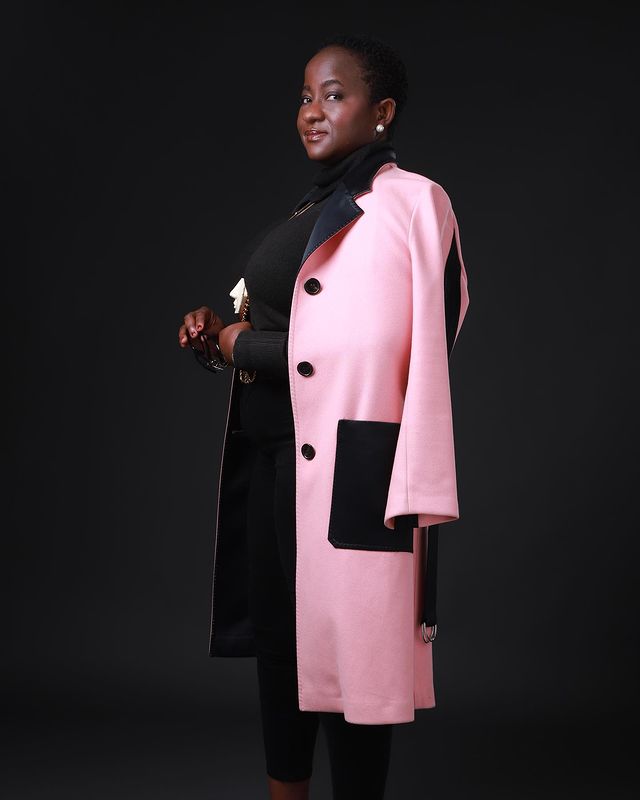
Can concierge medicine become ubiquitous in Africa? Dr Chichi thinks so.
“Actually, we were planning to offer the same services in Nigeria in 2019, [but] then the pandemic happened. And I think Nigeria is the first market for it; that’s my honest opinion. I think it would work in Nigeria: you just have to get it round people’s heads to do it. And I think in the future, yes we will. For me, my ultimate goal is to make sure healthcare in Africa is better and to be honest, I don’t like people coming abroad for healthcare. When I say it, people don’t believe me. What I want is that if Nigeria had those services, then we should be able to utilise them in Nigeria.”
“The problem we have in Nigeria is that people think that nice-looking hospital means they know what they’re doing. It’s all about handpicking people and I know that there’s a lot of groups now in Nigeria saying we can do this. The problem I worry about is … we need to have regulations, we need to have policies in place that actually censor what people are doing. But I think we’re getting there because I am now seeing court cases in Nigeria won by families because doctors screwed up. And I think it is really important because these are human beings. We need to be asking questions.”
“And I think healthcare in Nigeria is fantastic, I think Nigeria has a lot of experienced and seasoned doctors. But I think that we need to put in rules and good regulations to be able to sieve out [the rest]. Like if I was sick in Nigeria, I would go to the teaching hospitals easily, I won’t even be worried because I know that they are very good at what they’re doing. But people don’t see that … there are very good doctors in Nigeria; I know a lot of them and I have spoken to a lot of them.”
“Annomo Health is taking concierge medicine to Turkey”
What then is next for Annomo Health?
“Turkey.”
“So I think we’re going to do business in Turkey. It’s going to take us like one or two months to set it up because there is so much that needs to be done. We’re going to send a few people as [part of a] pilot and then get our board’s approval.”
But of course, expanding any business comes with its unique sets of challenges and learning curves.
“I think scaling the business part is easier because of the people we want to try and get. I think one of our biggest challenges is 2 things.”
“For a long time, you know pre-pandemic, we ran membership by invitation only. Now, there is a one-off service but initially, when we started, we struggled to ensure that we were not offering the same service to people in this category because we were used to our premium healthcare packages.
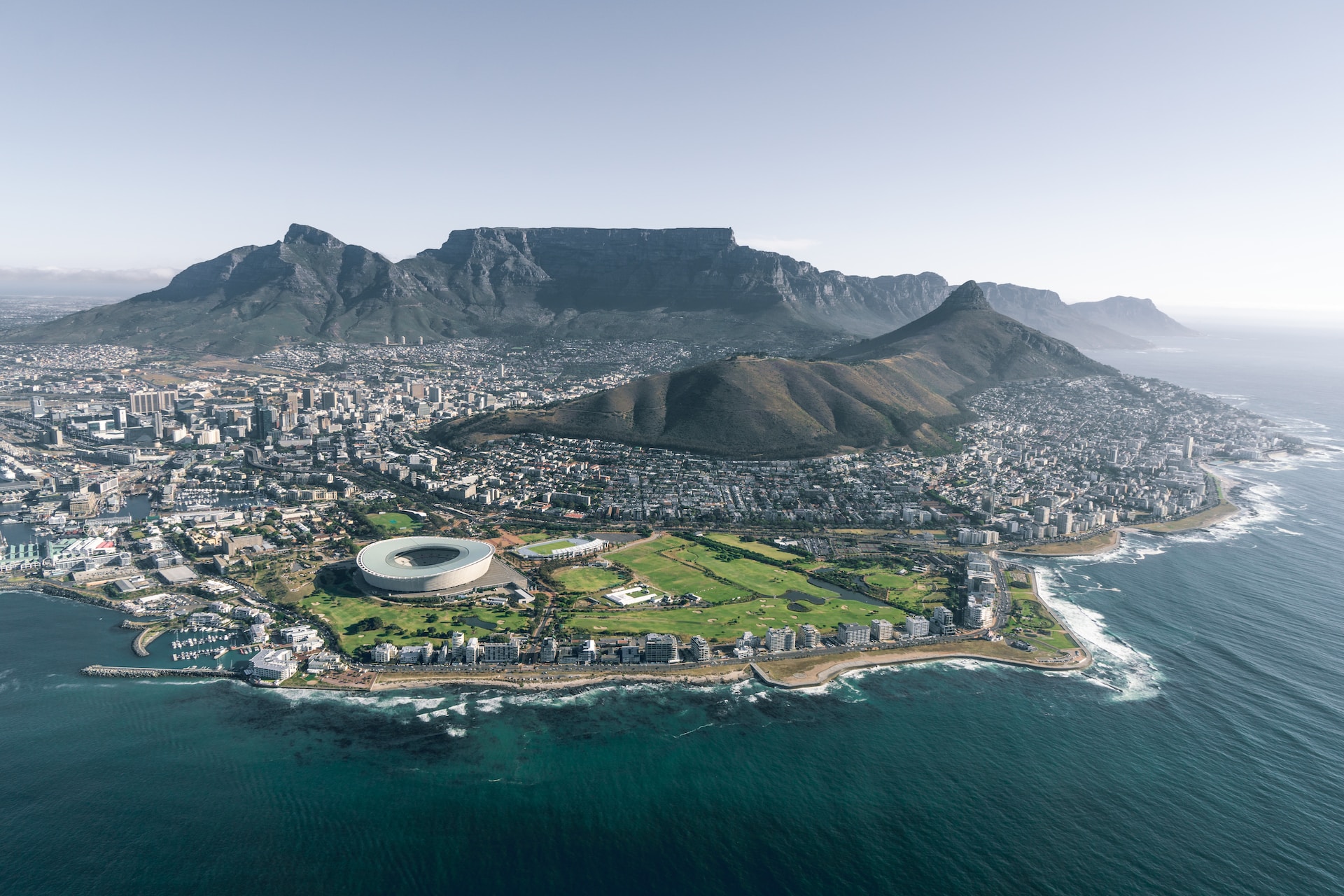
“Now that we are scaling even further, we want to be able to ensure that we never dilute the brand or make a mistake with the brand. Because if you’re going to expand and go into new markets, you need to have better options that offer wider, more varied payment options. So not everybody can afford the very expensive people that we work with, but some other people can. We’re trying to navigate that by opening up other countries that are more affordable. We would never stop working with the best people, right? And obviously, the best people cost more money, but what we could do is get the best people in places where the entire health service is cheaper. And that is what we are trying to do. But it’s a bit hard sometimes to navigate all of that.”
Dr Chichi Menakaya: the human behind Annomo Health Services
I cannot leave home without
“My mobile phone and my Macbook. If I don’t have my Macbook my life is not normal.”
I cannot go into a meeting without
“My Macbook. I love it so much, it’s like my best friend. It’s so bad, my Macbook sleeps on my bed.”
A typical day for me would be
“Fun with a bit of stress, and also exciting. I normally get up about 5:30am. If I am operating on that day, I am at work at 7, just to see my patients. Then I operate the whole day: my operating days are an all-day operating day. If I have a clinic day, then it’s not really that busy. But in between, I could have a business meeting or meetings with people. I also love watching movies, that really helps me relax. And I say my prayers and I go to sleep and the next day starts.”
“It’s always different every day. Sundays I do less business work. I spend a lot of time with family over the weekend, in the evenings mostly. My weekends are also full of business meetings for the businesses.”
What are your 3 absolute best cities to visit?
“Paris – it is the love of my life. I’ve been about 1 billion times a year.”
“South Africa – I love South Africa a lot. I’ve been to Cape Town which I really loved.”
“Sicily – I’ve never been to Sicily but Sicily is like the love of my life also. And I am not going to go to Sicily till a special time.”
My most expensive buy is
“I have to confess: I am addicted to shoes and bags. I buy a lot of shoes and bags, like you don’t even want to know. But the most expensive thing I own is a wristwatch I have. It’s nothing that anyone uses. It’s an Italian brand and it’s got real diamonds in it. I can’t remember the name, but I bought it in Italy like 12 years ago. I bumped into Milan and I bought it.”
What are 3 things most people don’t know about you?
“I have a relationship commitment phobia.”
“Even though people think I’m very confident, I still get scared when I have to do a presentation, but people don’t see that. They only see the fact that I am so confident when I’m doing it but deep down I’m scared. I don’t want it to go wrong. But once I say my name, the fear leaves me. My mum used to say to me, you need to remember who you are, whose child you are. So whenever I say my name and hear my name, it makes me remember who I am and it helps me take away that fear.”
“My best friend when I was a child was a dog called Oscar. Till I was 21, my best friend was Oscar, but he died of hepatitis.”
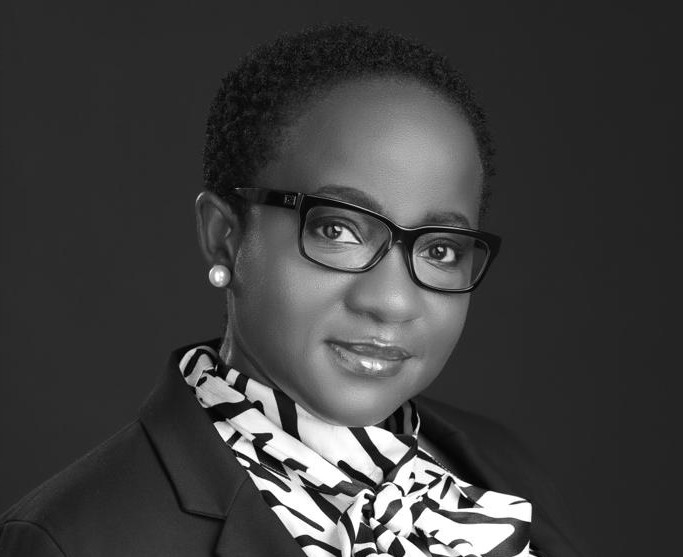
If you were not a doctor, what would have been a natural career path for you?
“It would have been one of multiple things. My natural career path would have been to do charity or missionary work. I love meeting new people because I think life is all about your relationships, your network with people. And I feel like if you can make one person smile if you can take away pain from one person, it works. That’s why I did medicine in the first place.”
“Two, I would have wanted to do fashion which I still do as a doctor. I design clothes. The other thing I would have really wanted to do is business full-time, like buying and selling or owning a shop.”
